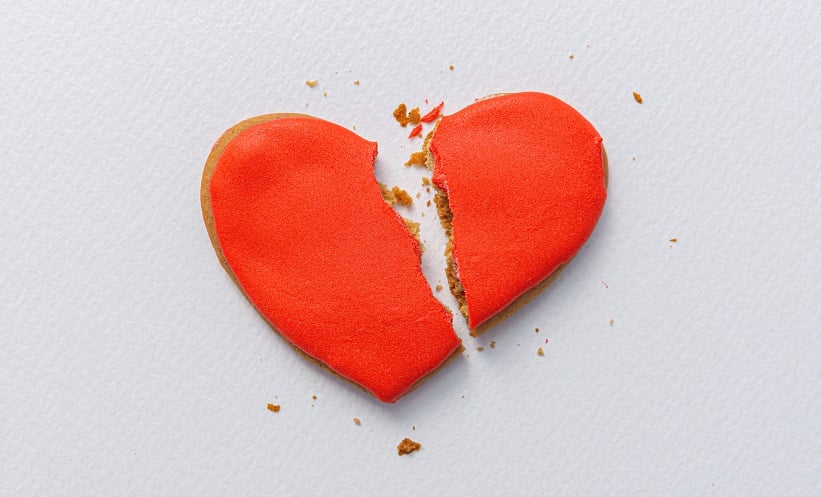THE PATHOPHYSIOLOGICAL effects of chronic psychological stress on acute myocardial infarction (AMI) using a rat model, uncovering dynamic impacts on heart health that could inform treatment protocols, have been published in a new study. This new research investigates the changes in heart tissue and inflammation at various intervals after an induced AMI in rats subjected to prolonged stress. This research could inform how chronic stress compounds heart attack severity and potentially hinder recovery.
The research team focused on a timeframe that allowed detailed observation of the heart’s response at different stages post-infarction. The study’s findings reveal significant differences between stressed and non-stressed rats in inflammatory markers and myocardial tissue damage over time. Stressed rats displayed worsened cardiac outcomes, including higher levels of inflammatory cytokines and more extensive tissue damage, particularly during early and peak phases post-heart attack.
These insights suggest that stress triggers a cascade of biochemical reactions that exacerbate myocardial injury and impair healing. Researchers highlighted the role of cytokine dysregulation and oxidative stress in amplifying damage, which could lead to new treatment approaches aimed at reducing these effects in human patients.
Clinicians may consider how stress management could play a crucial role in cardiovascular care, especially for those at high risk of heart attacks. While human applications require further investigation, these findings underline the need for an integrative approach to cardiac care that includes mental health interventions.
Reference: Chen L et al. Pathophysiological dynamics of acute myocardial infarction rats under chronic psychological stress at different time points. Sci Rep. 2024;14(23062).
Anaya Malik | AMJ








